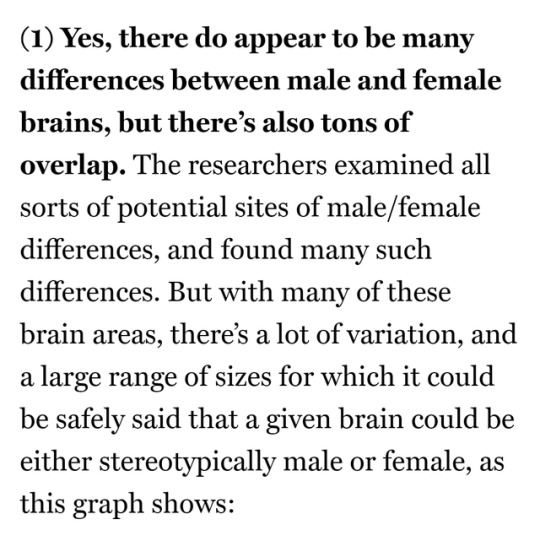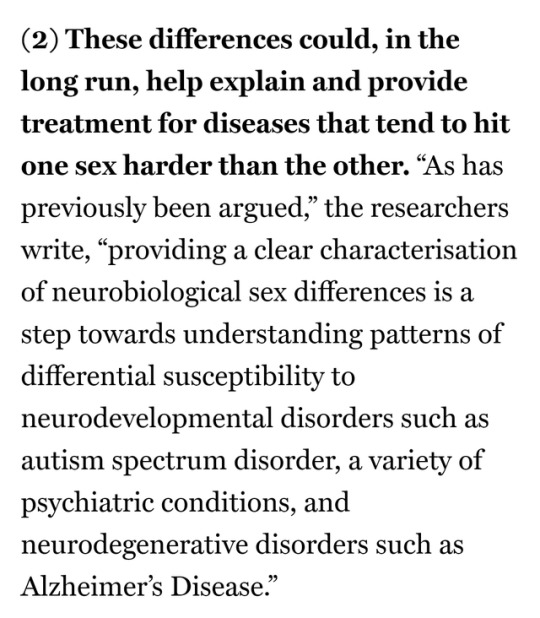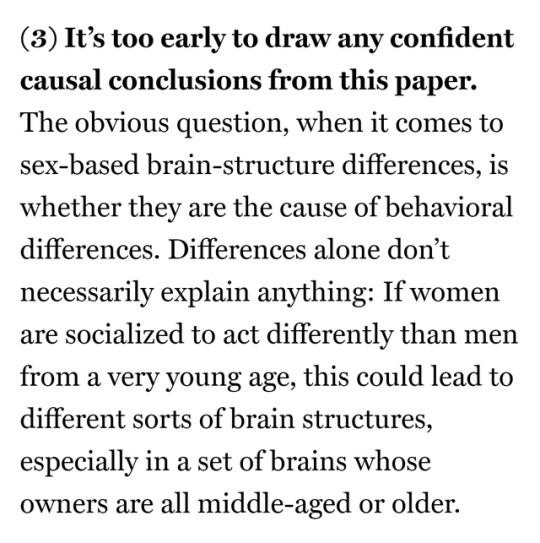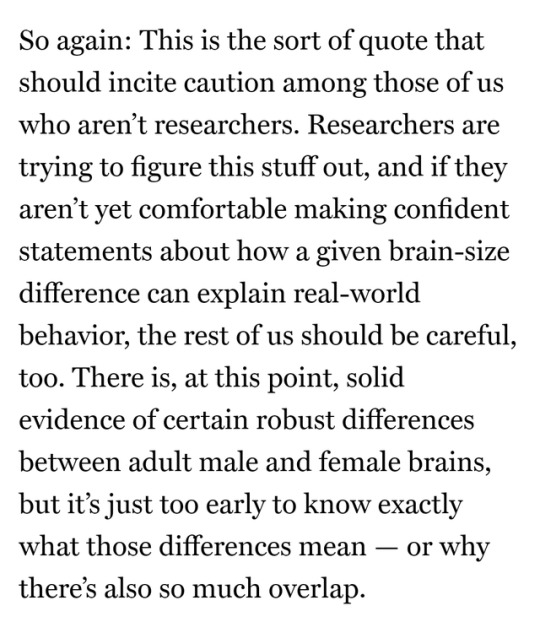#and the thing i say to be taken at face value always get misconstrued bcs ppl read between lines that don’t exist
Text
i like. refuse to entertain any thoughts that maybe i just didnt come out right or theres something fundamentally wrong w me cause i don’t want to get caught in a self pitying mindset but i do wonder . what exactly makes me always end up in Predicaments with people why do i feel like the more honest i am and the clearer my intentions the worse they get across
#p#i am so desperately fighting this feeling of otherness i will NOT shut myself out#but god fucking damn it sometimes people make me feel so bad for apparently being so unable to resonate with them#i’ll make a very clear straightforward statement and they’ll be like By that you clearly mean this:#like no i don’t actually. what i mean is exactly what i said?#this constant social expectation to read between the lines of everything and then getting in trouble for taking things at face value#and the thing i say to be taken at face value always get misconstrued bcs ppl read between lines that don’t exist#i just feel slapped in the face after genuine efforts i’ve made to stop being an annoying bitch and picking everything apart to get to its#deeper meaning. now i’m suddenly made to feel like either a shit person or socially incapable#all cause ? i refuse to read other peoples minds and don’t expect them to read mine?#and me demanding the same honesty back is unfair also hence me being a shit person/socially incapable#thes things make my head hurt . should everyone elses values and priorities be respected except for mine. which is in my onion a very#reasonable adjustment for clear communication..?#Should i kill myself. yes or no
4 notes
·
View notes
Text
ok @the-defiant-pupil i'm just gonna go ahead and make a new post bc this is about to get too long for my adhd ass
(context: continuation of this post)
1. funny thing is, i've actually read most of your sources already. they get really, really boring after awhile though, bc all of them start to say the same thing: yes there are differences, but there are also similarities, and scientists have yet to figure out the significance of this.
i'm not gonna go through each and every one of your sources, and i shouldn't be expected to either. when it comes to biological research, find the most recent articles with the most solid evidence/conclusions and call it good. don't dredge up an entire archive. i could find you sources that only characterize lichens as 2 symbiotic organisms rather than 3, but that wouldn't be correct bc the most recent research says otherwise. so yeah, just bc you CAN find that much info out there doesn't mean all of it is viable and should be used.
also, you can't just list a bunch of sources and expect it to be enough. you should contextualize them, explain them, tell your audience why each one matters. if you're really going to have that many, then be prepared to give a short annotation for each one bc i can guarantee you no one has enough time on their hands (or in my case, attention span) to read that many sources
your "plain as day" source by the way?? says this as well:




this is what i was talking about earlier!! do you actually read, contextualize, and analyze what you read? or do you just find the first line you agree with and run with it?
bc what i got from reading that article is that even after years of research and the largest study to date, scientists STILL don't fully understand what they're looking at, and they might never. so we, as people Not Actively Researching This Subject should be incredibly hesitant to draw our own conclusions when even the researchers can't do so.
i also like that the author mentions how socialization can affect brain structure and development — did you know that domestication causes visible differences in gene structure between the ancestor and current-day species? bc of selective breeding, humans changed the genetics of dogs, cows, crops, etc.; genetics changed bc of domestication, domestication didn't come about bc of a change in genetics. and i KNOW that you're going to tell me this has nothing to do w what we're talking about, but it does hold a similar concept: it's not just genetics and bodily functions that affect behavior, the environment has an equally important role.
similarly, gene expression in almost every species is highly regulated by the environment just as equally as it is the body (and for clarification: environment means anything external, body means anything internal). as are hormonal responses, reflexes, emotions, etc. all of which can have subtle but lasting impacts on the body! i don't actually think that anti-transmeds are trying to deny science when we say that how your brain developed is not the only thing that affects gender identity! i think it's kinda actually the opposite!
2. i've haven't heard of this tumblr biologist, so please direct me to their publications, i'd actually really love to read them
3. science literacy is a whole other beast than literacy in general. like, yes, you have to be able to read, but suddenly specific word choice and HOW you read articles becomes important. it goes from reading chronologically (english literacy) to reading section by section and contextualizing what you've read in previous sections and articles so that by the end you understand the initial hypothesis, if the evidence ACTUALLY proved it, if their methods were sound, and why it matters in the particular field.
i'm not trying to say that people who aren't studying science can't read peer-reviewed articles and understand them, but you do have to realize that it's a completely new skillset you have to practice over and over again, not just something you can pick up on the fly
4. i think you completely missed my point about the anti-vaxxer movement. the reason it started was bc McBastard Wakefield published his article and before any other research could be done to refute it or back it up, the greater population picked it up and ran with it. 7 or so years since it's been debunked and he lost his medical license, but people still believe him bc he got published, and to some of the most accredited journals at that.
my point was that just bc the research exists doesn't mean we should accept it at face value until the medical/scientific community can undeniably say "this is what this is, and what it means." and they're STILL doing further research, which means that hasn't happened yet. bc the whole point of science, and by extension research, is to never be satisfied w your results, and instead continue to look for more than you can currently see. or at least that's what i've been taught.
bc to look at published articles and assume that they MUST be true bc it's PUBLISHED SCIENCE is...exactly what the anti-vaxxer movement began on. and i'd rather not repeat that.
(please show me, by the way, how """tucutes""" 1. actually exist and 2. harm anyone by simply living their own damn lives)
5. yeah """""tucutes""""" don't have any science bc uh.....there really is none. science is a process, and we're currently in the research phase which means NO ONE should be using it as proof. it's good to say "hey this exists" but to completely invalidate someone's existence based on studies that scientists are still trying to understand? that's called abusing and misconstruing results
6. i'm guessing you don't actually care, but sure. i'll explain mating types of fungi to you.
in short: genetic diversity is advantageous for survival, and fungi are nothing if not crafty little bastards, thus 1000s of mating pairs for better chances of sexual compatibility
in long: each mating type is determined by a set of genes. really, you can think of mating types as extended alleles, since each distinct allele has a distinct mating type.
so as for 5 different mating types and how they're different...there you go. that'd be like asking me to tell you 5 different alleles of the same gene and how they're different. the only difference is in sequence and then how they're expressed due to differences in sequence.
usually we don't categorize every single mating type since that'd be a bit...much.
however, we can and do categorize fungi by how they reproduce! i.e., what kind of syntamy do they display? can they go through diploid selfing? can they inbreed or only out cross? what's their primary stage of life: diploid or haploid? do they rely on sexual reproduction or asexual reproduction? if it's an ascomycete, do they form pericarps or ascocarps?
in fact, one of the main differentiators between fungi is their life cycle, most of which is geared towards reproduction. that's why although basidiomycetes and ascomycetes are the only fungi that can form macro fruiting bodies (as well as many, many other similarities), they'll always be categorized differently.
but i digress. the reason i compared fungal mating types to brain morphology and "sex" categorization is bc i was making an analogy. i'm not a neurologist, as you can probably tell at this point, but that doesn't mean i haven't taken any classes that covered the brain pretty extensively.
what i was really trying to say was this: everything that i've read so far says that although there's definitely some differences between brains, there's also a significant amount of overlap, so much so that when you try to categorize the brain into two distinct types, you're still going to have an incredible amount of variety.
likewise, you could, theoretically, do the same to fungi. you could sequence the genes from each mating type, determine the different SNPs, and categorize them into two distinct groups based on what SNPs they do/don't have. it wouldn't make sense to do so, though, bc there'd still be too much variety within each group.
this was just me trying to relate it to what i personally study but tbh i can see how that would've been confusing, so i apologize for that
2 notes
·
View notes